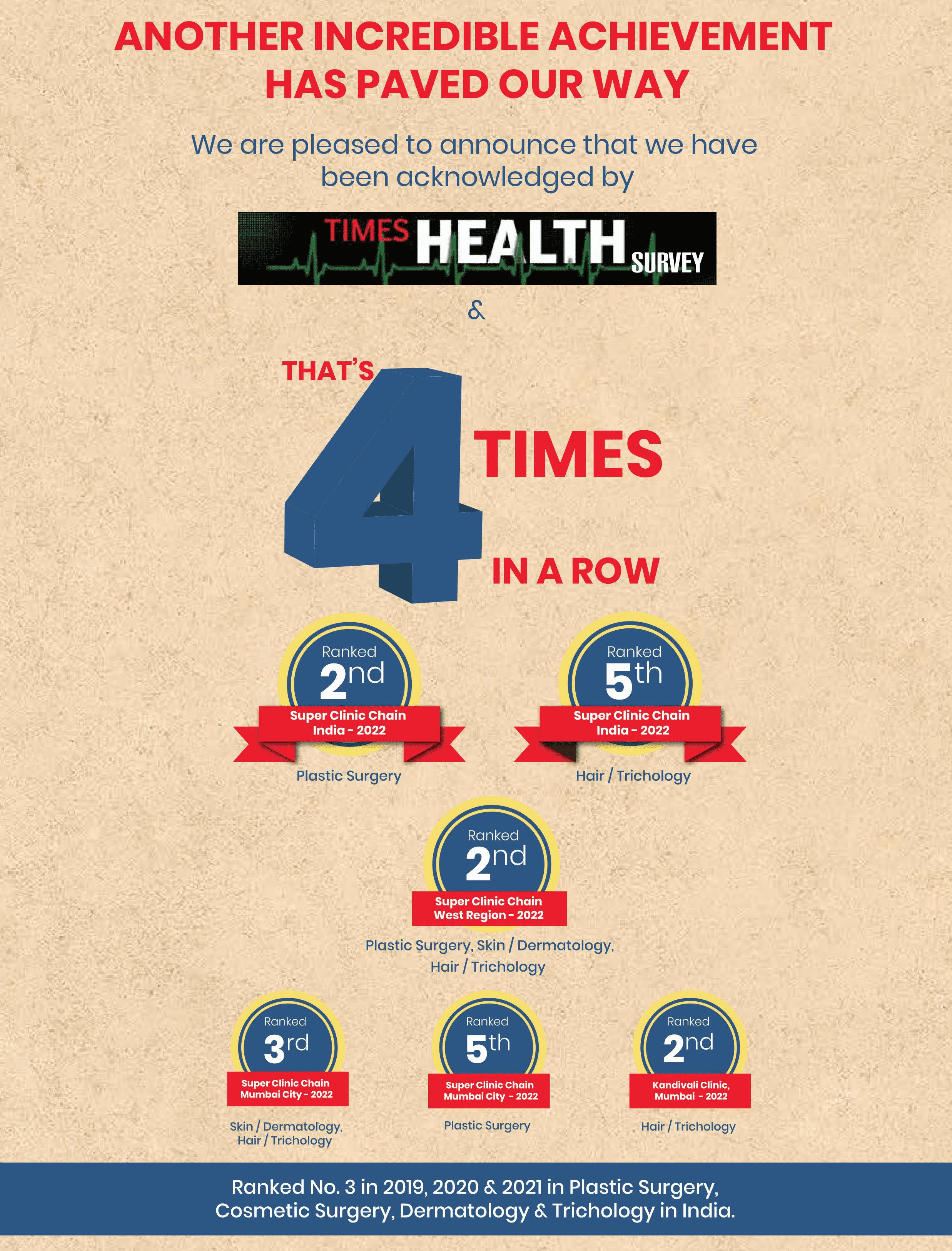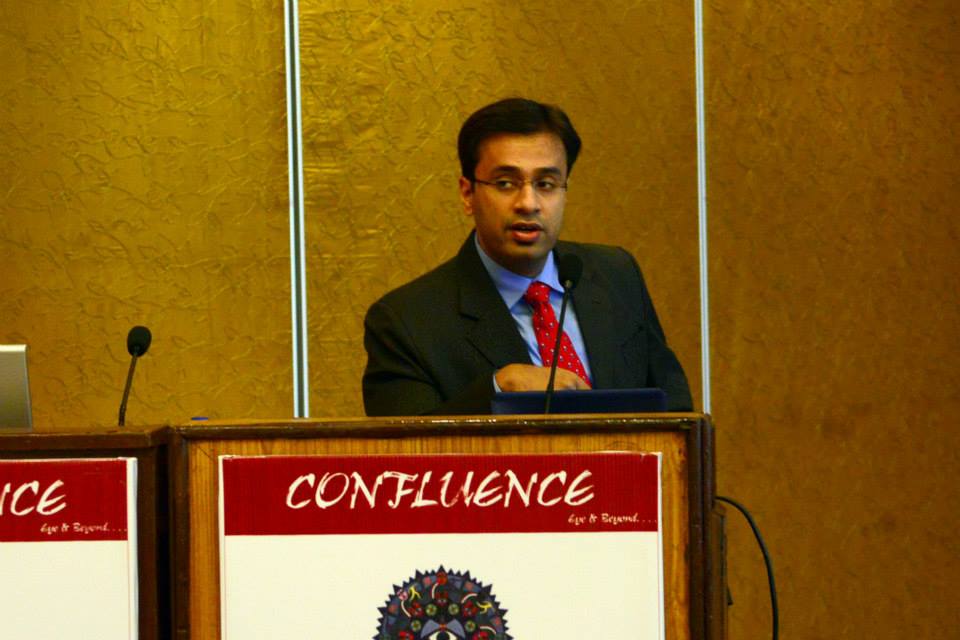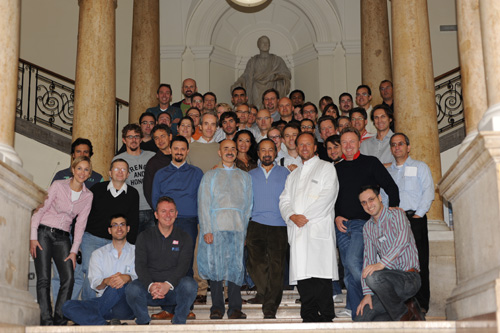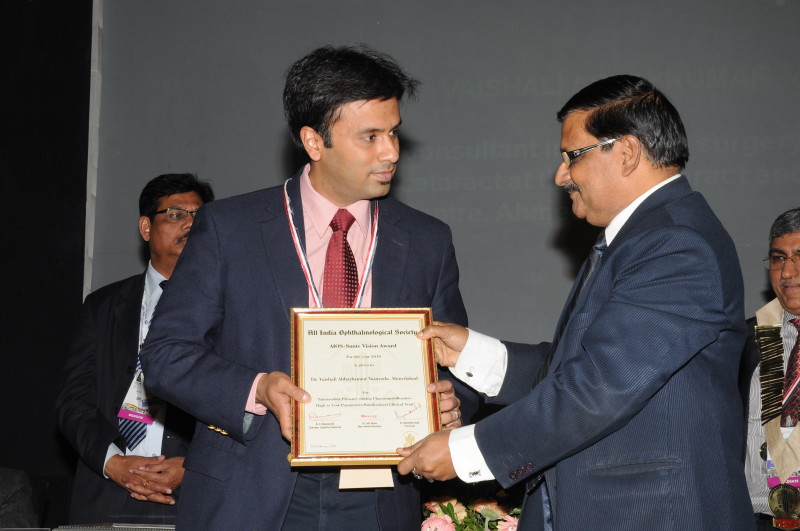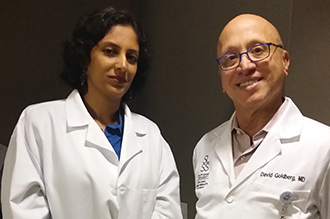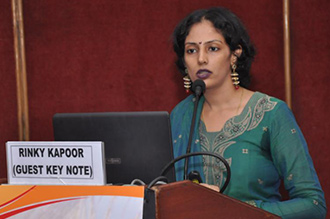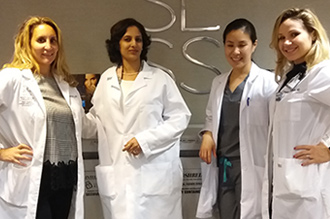Maxillary sinus tumours are considerably rare and implicated in less than 1% of all malignancies. Carcinomas such as squamous cell cancer, adenoid cystic carcinoma, head-and-neck cancer, lymphoma, sarcoma, adenocarcinoma, and mucoepidermoid carcinoma are all histologic forms of maxillary sinus cancer. Males are more susceptible to developing maxillary sinus tumour than females. These tumours are typically classified based on the part that is affected, and as such, we may have facial, auditory, ocular, oral, and nasal tumours.
Maxillary sinus malignancies are asymptomatic at the early stage and are mostly discovered when they are already in the advanced stage. This, coupled with the fact that the nasal cavity and paranasal sinuses are close to the brain, carotid artery, orbit, and skull base makes it difficult to manage maxillary sinus tumours. The treatment and/or management of these tumours normally involve(s) experts – oculoplastic surgeons, throat surgeons, ophthalmologists, ENT surgeons, neurosurgeons, surgical oncologists, and radiotherapists – across various medical fields.
The stages of maxillary sinus malignancy reflect the size of the tumour, as well as how advanced the cancer is. Five stages of this tumour have been identified and discussed as follows:
Stage 4c: This is the last stage, and it is defined by the spread of the malignancy to the brain, liver, or lungs. The lymph node may also be affected.
The signs and symptoms of the presence of tumours of the maxillary sinus include:
The physician will initially examine the patient physically to see if any symptoms indicate the development of a maxillary sinus tumour. A sinus endoscopy is done to allow the physician to see the defective tissue that is present around the sinuses. Thereafter, he/she will proceed to carry out some diagnostic imaging tests – computed tomography, magnetic resonance imaging, positron emission tomography, and X-ray – on you to obtain scans of the affected areas. To gain comprehensive details of the abnormal tissue that is found in the sinuses, the specialist will conduct a biopsy by removing a small portion of the tissue and run certain tests in the laboratory – this should confirm whether the tissue is cancerous or not.
Based on the report from the diagnostic examinations; the physician will seek to choose the best maxillary sinus tumour treatment routine for you, and will extensively discuss this with you. Again, the surgeon may ask for your treatment preference.
There are both surgical and non-surgical means of managing maxillary sinus tumour. The two forms of therapeutic interventions can be combined to achieve a far-reaching positive outcome. Some treatment regimens for maxillary sinus tumours include:
Surgical Treatment: Maxillectomy
Maxillectomy involves the removal of one or all the part(s) of the upper jawbone. As a result of this, we can have partial maxillectomy, total maxillectomy, and radical maxillectomy. Partial maxillectomy entails the removal of one or more – but not all – bony wall(s) of the upper jawbone while total maxillectomy has to do with the removal of all (four) walls of the upper jawbone. However, in radical maxillectomy, all the bony walls are removed along with some surrounding structures.
Maxillectomy is usually performed under general anaesthesia, and the surgeon will move in to make an incision along the side of the patient’s nose down to the upper lip – this is after the effect of the anaesthesia has set in. In order to prevent the creation of a conspicuous scar on the face, the surgeon will make a cut under the upper lip on the inside, and then gains access to the upper jawbone, and removes the bony wall(s) accordingly. Radiation therapy or chemotherapy may also be applied here. The space that is now emergent due to the removal of the bone can then be filled with a prosthesis that is in the mould of the patient’s denture plate – this is where the prosthodontist comes in.
You should understand the procedure (maxillectomy) so described here is only suitable for Stage 1 and Stage 2 maxillary sinus malignancies, a surgical procedure known as neck dissection will be required for the management of malignancies that are in the advanced stages – 3 and 4. This is of particular importance due to the need to remove the tumour from the lymph nodes.
Maxillectomy also has its side effects, and these may include impairment of smell and taste, chewing and swallowing difficulties, watery eyes, and speech impediment.
The treatment – or more appropriately, management – of maxillary sinus tumour is a continual process. As such, you will need to be committed to your recovery – using your medications and keeping to the instructions that the specialists have given you. By the way, your physician or surgeon should design a maxillary sinus tumour treatment course for you. Concerning the swelling that will most likely occur after maxillectomy; you should regularly apply cold packs to reduce it.
You can have your maxillary sinus tumour treatment in Mumbai at The Esthetic Clinics. You do not need to look far away; our highly professional medical team is very much up to the task. We understand what it entails to perform a treatment/management that relates to a structure as complicated as the maxillary sinus, and will work with your personal physician to design a fitting treatment regimen for you. India’s most celebrated oculoplastic surgeon, Dr. Debraj Shome is also with us to provide hands-on expertise that will bring the most satisfactory outcome.
The cost of maxillary sinus tumour treatment will be largely determined by the size and stage of the maxillary sinus malignancy, which would ultimately influence the kind of treatment that would be selected. You can fix an appointment with The Esthetic Clinics today to have your condition assessed and then get the exact price for maxillary sinus tumour treatment as it pertains to you.
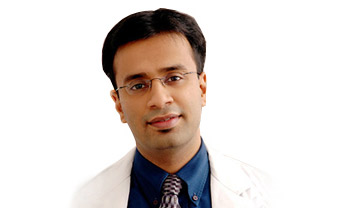

Dr. Debraj Shome is Director and Co founder of The Esthetic Clinics. He has been rated amongst the top surgeons in India by multiple agencies. The Esthetic Clinics patients include many international and national celebrities who prefer to opt for facial cosmetic surgery and facial plastic surgery in Mumbai because The Esthetic Clinics has its headquarters there.
